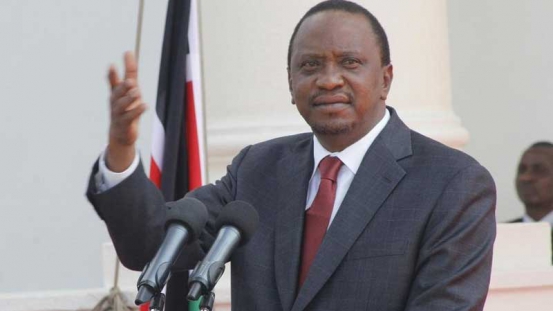×
The Standard e-Paper
Home To Bold Columnists

It was a speech meant to reassure a country ill at ease with itself; a country in dire need of a voice of reason and hope.
And indeed, Uhuru Kenyatta’s inauguration speech was a sobering and reflective treatise. Which, if nothing else, served to uplift the country by mapping out a way to heal the widening rifts caused by election politics and economic circumstances.